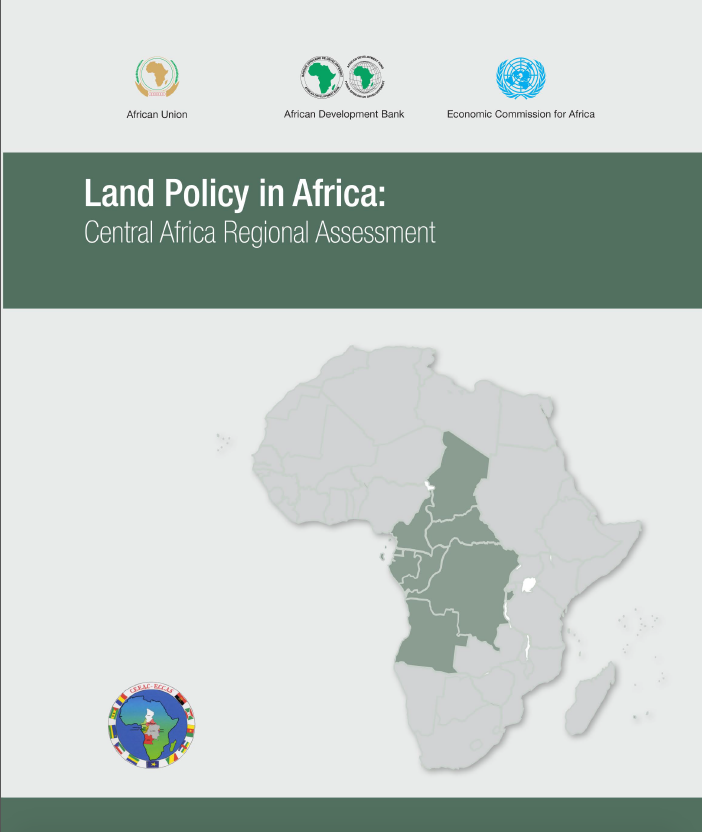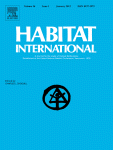Ces directives sont le premier instrument détaillé, à l’échelle mondiale, relatif aux régimes fonciers et à leur administration, préparé à travers des négociations intergouvernementales. Ces directives exposent des principes et normes internationalement reconnus en vue de l’instauration de…
En un mundo cada vez más poblado y con unos patrones de consumo cambiantes, la humanidad aún puede hacer mucho para planificar y gestionar la futura evolución de los recursos hídricos y del suelo. Después de varias décadas de inversiones escasas, gestión inadecuada y falta de gobernanza…
Las Directrices son el primer instrumento exhaustivo de alcance mundial sobre la tenencia y su administración preparado mediante negociaciones intergubernamentales. En las Directrices se estipulan principios y normas internacionalmente aceptados que encauzan las prácticas responsables para el…
The guidelines are the first comprehensive, global instrument on tenure and its administration to be prepared through intergovernmental negotiations.
The guidelines set out principles and internationally accepted standards of responsible practices for the use and control of land…
The Central African region includes Angola, Burundi, Cameroon, Central African Republic, Chad, Congo, Democratic Republic of Congo, Equatorial Guinea, Gabon, Sao Tome & Principe. The region is characterized by its high diversity, as it reflects all types of ecosystems of the continent.…
The primary goal of this Diagnostic Trade Integration Study (DTIS) is to provide a plan for reactivating Angola's productive sectors that reduces the country's reliance on imports while enabling the restoration of export capacity in the medium to long term. Executing such a plan will…
The Country Framework Report (CFR) for
Angola is one of a series of country reviews aimed at
improving the environment for private sector involvement in
infrastructure. The report seeks to assist the Government of
Angola in…
Successive armed conflicts, which lasted
almost three decades after independence, have devastated
Angola and its economy. However, since the peace accord of
April 2002, Angolans have begun a transition toward national
…
The current approach to peacebuilding by the international community is to focus on the priorities thought to be important to recovery, but this occurs in a largely non-integrated way. With these different endeavors largely isolated from each other in planning, analysis, implementation, and…
This thematic issue of the Land Tenure Journal brings together theories and practices related to land tenure and climate change both from the mitigation and adaptation perspectives. Articles look at the implications that REDD+ and Payments for Environmental Services pose to land tenure and…
A terra, ao longo da história, simboliza poderio político, económico e sociocultural não só a nível dos Estados como também das comunidades e do indivíduo. No contexto actual, é um dos principais recursos para o desenvolvimento e qualidade da vida das pessoas, não só no meio rural, como também…
The Symposium on Legal Aspects of Large Scale Investments in Land: Implications for Food Security and Rural Development was held at FAO Headquarters in Rome on March 4th 2011. The Symposium was co-hosted by FAO and the World Food Law Institute at Howard University School of Law. It brought…




